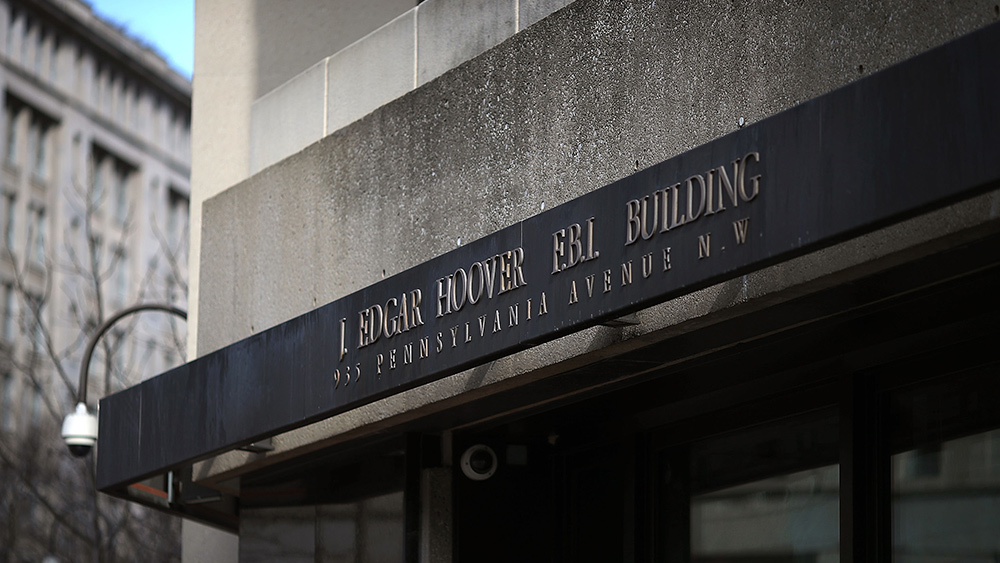
(Article by Jack Hadfield republished from NationalFile.com)
Arizona State Rep. Mark Finchem has drafted legislation that will fine Big Tech companies for every online user in the state if they engage in political censorship.
Finchem, the State Representative for Arizona's 11th District, was suspended from Twitter on Tuesday morning after he encouraged residents in the state to phone up the Maricopa County Board of Supervisors. The Board is currently fighting subpoenas from the Arizona State Senate's Judiciary Committee that were handed out in order to perform a forensic audit of the Dominion voting machines and ballots in the county.
Following his suspension, Finchem provided National File with draft legislation prepared late last month that is designed to tackle the exact political censorship that he fell victim to. He told National File that his suspension has only galvanized his efforts to "push back" against Big Tech. "I'm coming for you guys," Finchem said.
Currently, Big Tech companies are regulated by Section 230 of the Communications Decency Act, which defines online organizations as either platforms, where users can post whatever they want (within the platform's rules) but the company is not liable for what they write, or publishers, which exert editorial control over their content, but they are then liable for what is on their site. Social media sites are currently classed as platforms.
However, many people, including President Donald Trump, have noted that social media platforms have been engaging in censorship of conservatives, thus exploiting the benefits of a platform, yet exerting the control of a publisher without the liability.
Finchem's legislation would deem any site that is "engaged in the business of allowing online users to upload publicly accessible content on the internet and that exercises a level of control over the uploaded content for politically biased reasons" as a publisher, not a platform. Such a move was hinted at by President Trump in May this year when he signed an Executive Order with a similar aim.
The legislation defines the control of political content as including "editing, deleting, delisting [also known as shadowbanning], blocking, censoring, or making it difficult or impossible for online users to locate and access uploaded content in an easy or timely manner."
However, the draft legislation from Finchem also includes a step that has not been suggested by Big Tech critics previously. The organizations that are reclassified as publishers will "pay to the Attorney General an annual fee as determined… for each [authorised] online user in this state." The fees will then be deposited into Arizona's Antitrust Enforcement Revolving Fund, a legislative fund used to investigate potential monopolies and cartels.
The newly classified publishers will also then become liable for damages "suffered by an online user because of [the site's] actions." Either the State Attorney General or the user themselves may then bring action to recover the damages. This would allow anyone in Arizona who has been politically censored by Big Tech to sue the operators of these sites.
UPDATE: Finchem gained access to his account again on Wednesday afternoon, and expressed his willingness to push on against Big Tech in a tweet. "Can't wait to introduce legislation that fines Twitter for this clear violation of Sec. 230 USC," Finchem wrote.
https://twitter.com/MarkFinchem/status/1344388569066917888
Read more at: NationalFile.com and BigTech.news.
Please contact us for more information.























